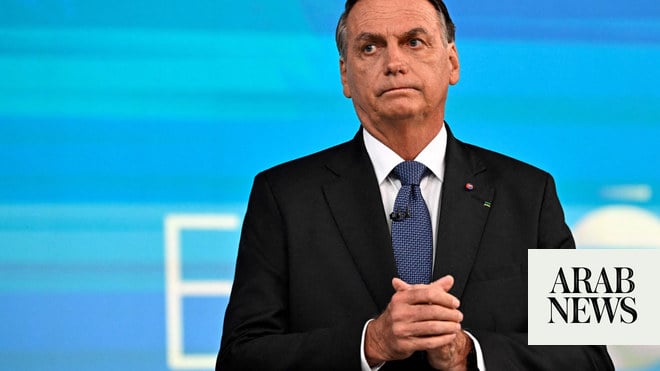
RIO DE JANEIRO (Reuters) - Brazilian investigators are pursuing the first criminal probe of current executives at commodities trading firm Trafigura on allegations they approved the bribery of employees at state-controlled oil producer Petrobras, according to three people familiar with the matter.
The investigation has focused on two of the three top Trafigura here directors, Co-head of Oil Trading Jose Larocca and Chief Operating Officer Mike Wainwright. The criminal probe is advancing alongside a civil lawsuit against the same executives and others disclosed this month, the people said.
Brazilian investigators have also shared findings with U.S. prosecutors and the Federal Bureau of Investigation (FBI), the people said, speaking on the condition of anonymity because the case is classified.
The decision to pursue both civil and criminal cases shows Brazilian prosecutors are emboldened by the $164 million settlement with oil trader Vitol in a separate bribery case. Vitol Inc will pay the U.S. and Brazil to settle claims it paid more than $8 million in bribes to win contracts at Petroleo Brasileiro SA, as the state firm is formally called.
Neither Larocca nor Wainwright have been charged.
The two did not reply to requests for comment. Trafigura said “any suggestion that Trafigura’s current management authorized or had knowledge of improper payments to employees of Petrobras is not correct.”
The two probes have been advanced by information provided by Trafigura’s former board member and Brazil chief, Mariano Ferraz, who admitted paying bribes for more than a decade and in May signed a cooperation agreement. U.S. investigators interviewed Ferraz earlier this year, sources said.
Ferraz told prosecutors that Larocca and Wainwright approved bribes to win hundreds of fuel oil contracts, according to court documents unsealed this month. Ferraz agreed to cooperate in exchange for reduced penalties.
The evidence includes hundreds of pages of bank records and e-mails seized from people who are collaborating with authorities. In some of them, Ferraz and others used code names to hide identities.
A former Petrobras trader who went by the code name "Phil Collins" in 2011 sent a message to a middleman called "Tiger" with an attachment for tallying the bribes. In the message, Ferraz - who was arrested in 2016 and sentenced to 10 years in jail in 2018 here - is referred to as "the Prince".
The middleman and former trader are cooperating with authorities in Brazil and in the United States, according to court documents.
CIVIL SUIT
In Brazil, prosecutors can investigate corporate crime but can only bring criminal charges against individuals. Companies are subject to administrative sanctions in civil lawsuits, which can include fines and bans from doing business with state firms.
Authorities have accelerated their work in recent months after a slowdown during the first months of the coronavirus pandemic. Brazil has opened investigations against transactions involving commodities traders Vitol, Cockett and Glencore.
In the lawsuit filed earlier this month against Trafigura, prosecutors accused the trading firm of bribing Petrobras employees in 31 fuel oil transactions between May 2012 to October 2013. The suit seeks more than 400 million reais ($77 million) from the company, pending a judge’s decision.
Former Petrobras fuel oil trader Rodrigo Berkowitz, who provided evidence to prosecutors probing Trafigura, was also at the center of the U.S. case against Vitol. Berkowitz was unavailable for comment, according to his attorney.
Earlier this month, prosecutors used the confession by Ferraz to back a request seeking to freeze 1 billion reais in assets from individuals in the Trafigura case. Those individuals include the heirs of Claude Dauphin, the late founder of Trafigura who Ferraz said knew about and approved the bribe payments.
On Dec. 9, Trafigura said it had acquired the Dauphin family’s stake in the company after reporting record earnings in 2020, boosted by pandemic-related volatility and consolidation in the sector.











